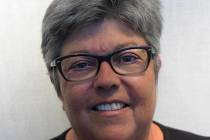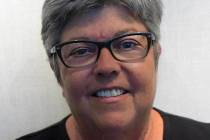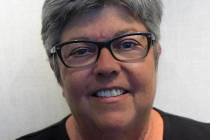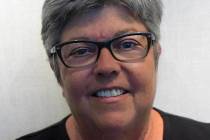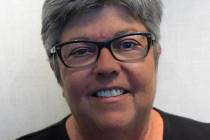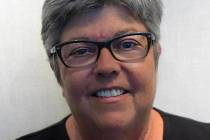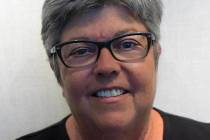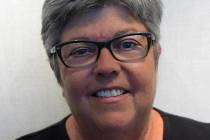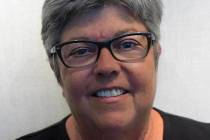American dream alive as long as there’s hope
The other day, while changing TV channels, I stopped when I heard a young woman announce that 60 percent of the American people don’t believe in the American dream. Now before you tell me to fact-check that number, forget about it. I want to take a look at the American dream.
When I was a kid growing up in a working-class neighborhood in Chicago, no one ever talked about the American dream. Just about everyone I knew in a 20-block area lived in a two- or three-story building with relatives living in one of the flats. No white picket fences in my neighborhood. No finely manicured lawns. The biggest thing to hit our neighborhoods in the 1950s was colored flagstone that hid a building’s aging exterior.
I remember when a ranch-style home was built on two lots on the southwest corner of 30th Street and Union Avenue, right down the block from our house, and everyone used to refer to the owners as the “rich people.” Why such a big house? They didn’t even have any kids!
I remember the woman of the house occasionally shopping at our grocery store and always requesting the most expensive cuts of meat, items we would never think about having on our dinner table. That was rich and that was the American dream, I guess.
I say that because we, at least I, never thought in terms of leaving the neighborhood, or having the suburban home and the all the trappings that went along with that lifestyle.
My great-grandmother Nicolina Laporta Baudo and great-grandfather Basil Baudo settled in Bridgeport in the early 1900s and bought a two flat with a second two flat building behind it at 2940 S. Union Ave. They staked out their claim and that’s where the family would live. Their daughter, Rosaria, married a man from the neighborhood. The Baudos’ son, Jack, eventually bought a home at 2918 S. Union with a house in back of it and my cousins still live there.
I have vivid memories of my great-grandparents and grandparents as bright, talented folks, but they never talked about an American dream.
My mother, Connie, and my grandmother Rosaria were very adamant about being American. My grandmother was born in New York City but raised in Sicily until she was a teenager. My mother was born in Chicago but grew up speaking Italian. Both of them never wanted to speak Italian in public.
My grandmother would even argue with my great-grandmother and tell her she wasn’t going to the “Italian movies.” She wanted to see American movies. She was an American!
Neither my mother nor grandmother graduated from high school, although my mother did get to attend a two-year commercial high school where she learned typing and shorthand. My dad never finished the eighth grade. American dream?
When I entered high school, I never thought about going to college, even though I loved learning and took every course that could prepare me to take that path. One day, as a junior in high school, I took the ACT and filled in a box with the code for the Illinois State Scholarship Commission and was awarded a scholarship for four years.
I never had a particular career path in mind. I just knew I had to go to college. My family did not encourage me to further my education. If I said I wanted to be a doctor, my grandmother would say I should be a pharmacist. American dream?
Play it safe. Don’t reach too high. Don’t go after what you can never have. Those careers were for others, not someone who came from an immigrant family like mine.
Even though I never grew up in a family that believed in the American dream, and I didn’t live my life in search of something better than what my parents had, I was sorely disappointed to hear that a large number of Americans don’t believe they can “make it” in the United States. What’s happened to the dream, the hope of being able to succeed?
The American dream has always been elusive and, in my case, didn’t even play an active role in my life. What I always had, though, was hope in myself, a dream that led me through a wonderful life and outstanding experiences. I credit education for making me the person I am today.
If even a small percentage of the American people, especially young people, no longer believe in the American dream, it’s our responsibility to restore that elusive hope. Perhaps education just might be the answer.
Rose Ann Miele is a journalist and was public information officer for Boulder City for nine years. She can be reached at roseannrab@hotmail.com or at 702-347-9924.


